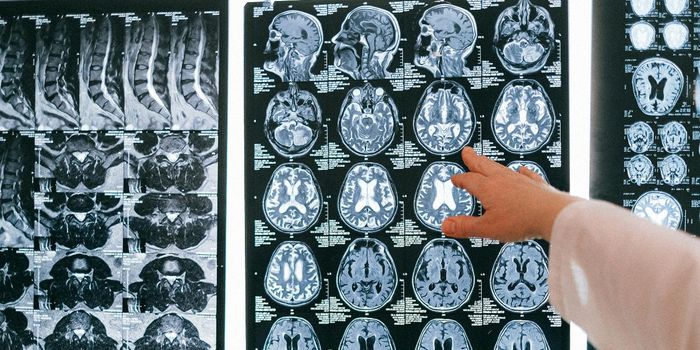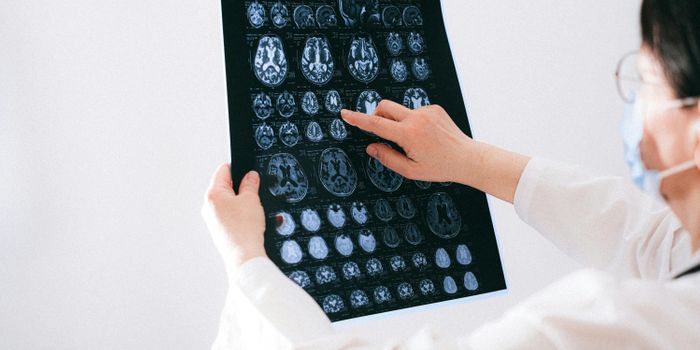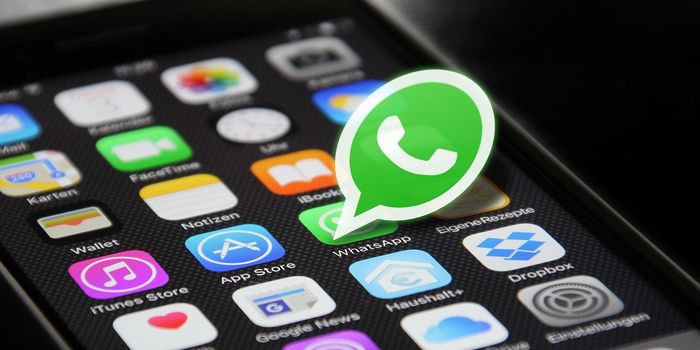Music Improves Literacy and Learning
There is ample evidence in neurological research about the benefits of music. It’s been shown that music can help stroke patients regain speech, and keep Alzheimer’s patients from losing precious memories. It’s not just for those with a disorder either. Music can help students focus better in some classrooms and many surgical teams have music playing in the operating room. Studies in the OR have shown that when music is played, especially in long surgeries, the team stays alert longer and has less fatigue.

Music has also been shown to be an aid in learning. Many students remember the “School House Rock” series of videos that taught civics, grammar and math in an easy to remember way. Literacy is one specific area where music has been shown to boost literacy. Research conducted in 2014 by Nina Kraus, director of Northwestern University’s Auditory Neuroscience Laboratory, showed that students who learned to play an instrument and who were actively engaged with music during classes, to include playing an instrument in classes other than music, had improved neural processing compared to their peers who just took a music appreciation class. Testing in this research used electrodes placed on the head to measure brain response and activity in real time.
The research in 2014 followed Kraus’s earlier work with the Harmony Project, a non profit that brings music education to struggling schools. Despite an almost 50% drop out rate in the neighborhoods of some students, 93% of students who attended schools that had Harmony Project curriculum went on to attend college. Clearly, the music is having an effect on learning and literacy but not every school has the means to bring music into the classroom in a meaningful way.
That’s where Music and The Brain comes in. A project created by the 42nd St. Development Corporation, MATB provides curriculum, lesson plans and specially equipped keyboards to schools in an effort to use music to improve literacy, language and math skills. The program has been used in more than 275 schools and over 400, 000 students have been part of it. When the organization first began, an independent research study compared literacy scores from two very similar public schools in Queens, NY. One school had the MATB curriculum and one did not. Test scores on vocabulary and verbal sequencing were similar at the start of the school year. At the end of the school year the students that had been exposed to the MATB curriculum showed a 17% increase in vocabulary and a 22% increase in verbal sequencing compared to only a 2% increase in vocabulary and a 14% decrease in verbal sequencing in the students that did not use MATB in their classrooms.
While some schools struggle with smaller budgets and larger classroom numbers, putting music into the curriculum can sometimes be a tough sell. When fiscal cuts have to be made, the arts and music can be the first programs on the chopping block. Research shows however that keeping music could be the key to better performance in other areas. Take a look at the video that follows and see what music in the classroom is doing for some students.
For those who still struggle with literacy, there are always tools like Grammarly that can help bridge the gap in their language (both oral and written).
Sources: CBS Sunday Morning, Music and the Brain , Time.com, Northwestern University
Article Updated: 7/1/2020








